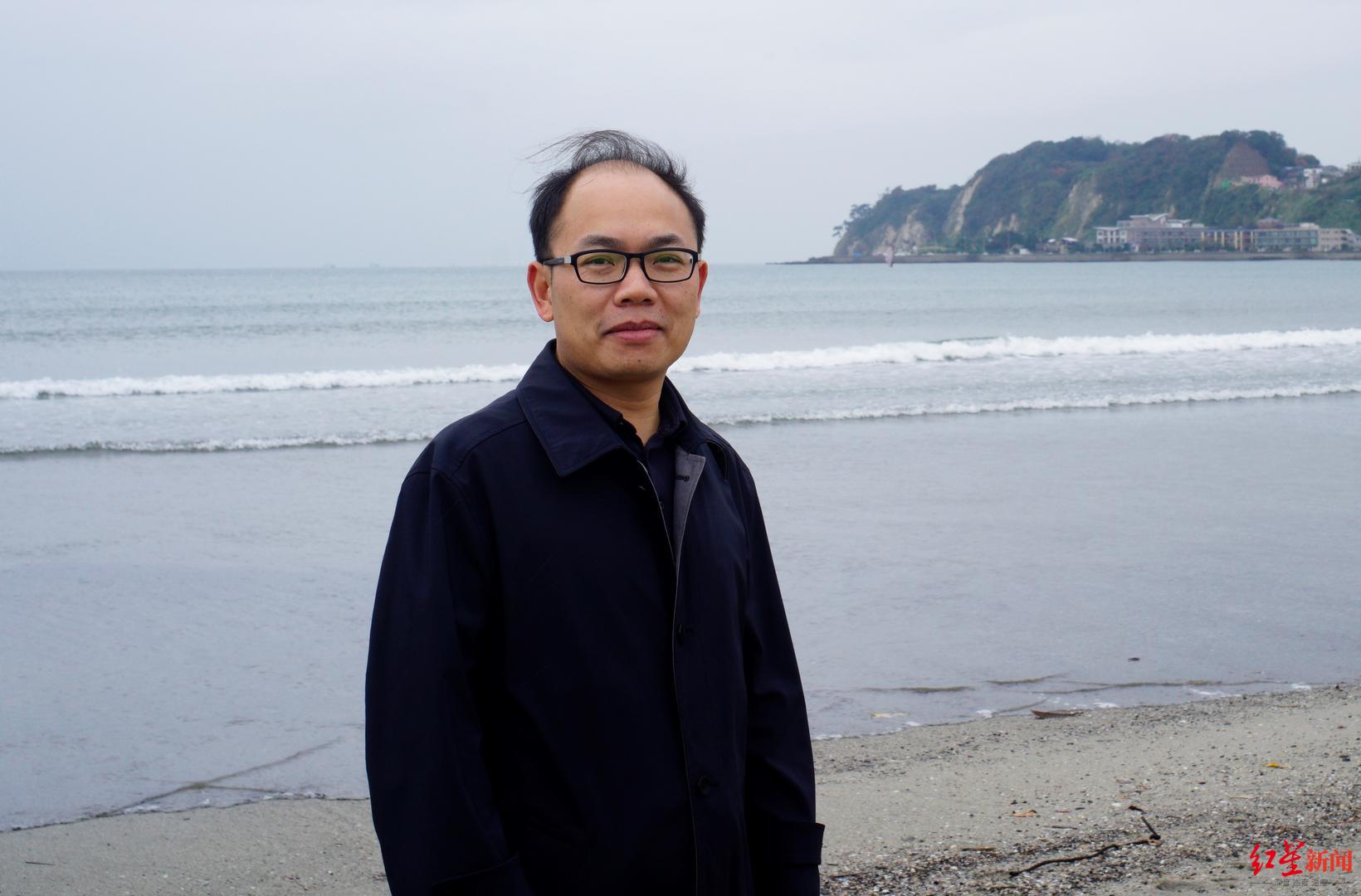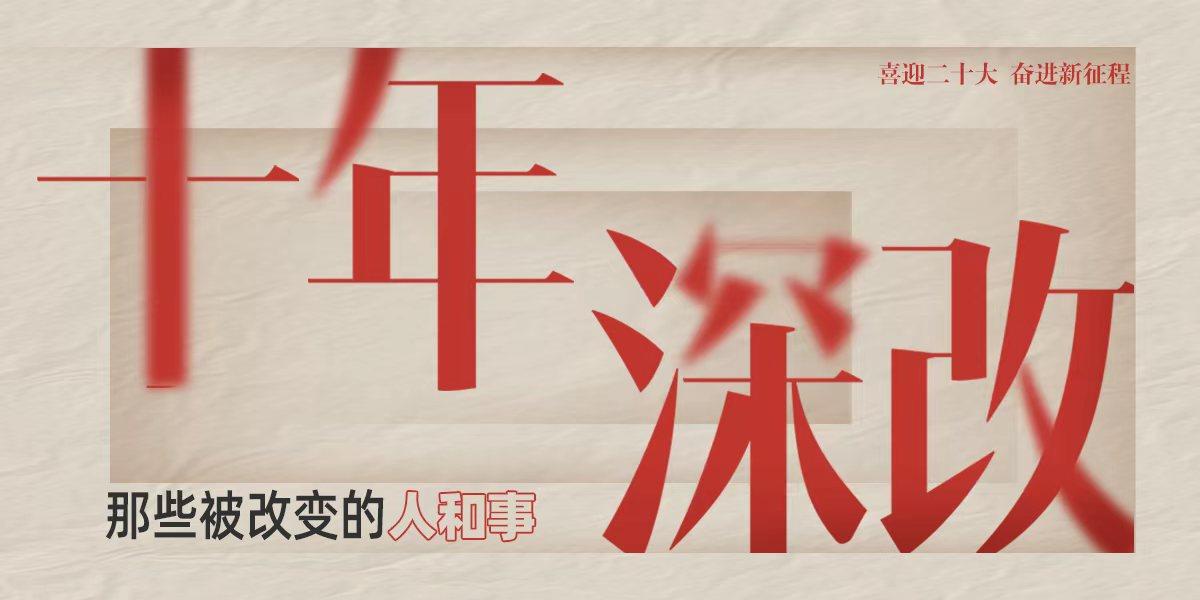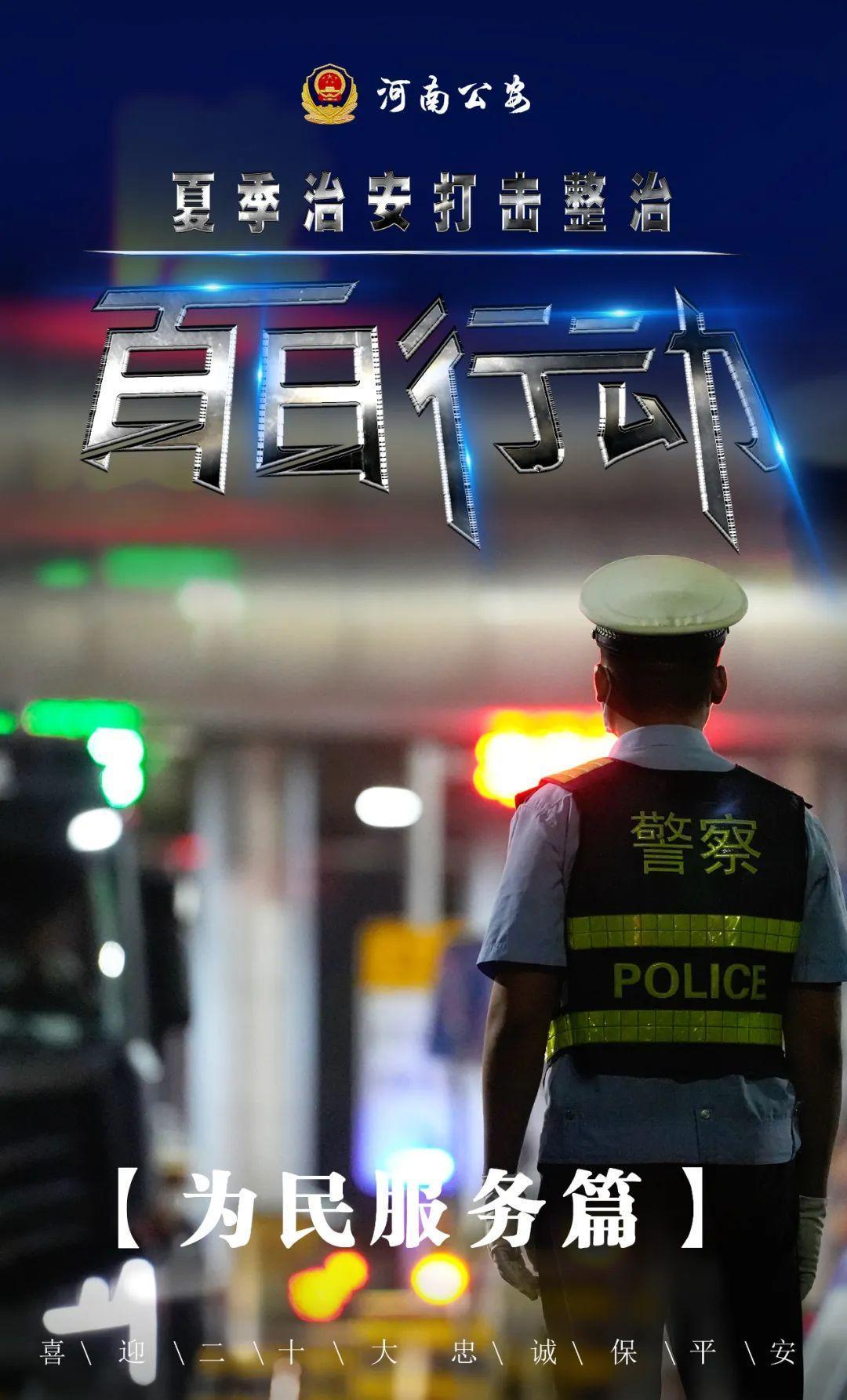Ten years of deep reform · Expert dialogue | Meter Zhong: The labor camp system is abolished, marking the improvement of the level of rule of law
Author:Red Star News Time:2022.09.29
After the labor camp system is abolished, the middle zone should be filled with the Criminal Law and Public Security Management Punishment Law. The applicable conditions for criminal criminal criminals and the applicable conditions for administrative violations must be dependent on the other party, try not to leave blank or dead ends as much as possible.
——Es Yu Zhong, Professor of Law School of China University of Political Science and Law. He used to be a professor at the School of Law School of Sichuan University and Dean of the Capital University of Economics and Trade. The main research fields are jurisprudence. "Law Methodology" and so on.

↑ Meter Zhong
Red Star News Reporter | Chen Yifan Du Yuquan
Edit | Official Li Zhang Li
The Third Plenary Session of the Eighteenth Central Committee of the Central Committee of the Communist Party of China on the Central Committee of the Communist Party of China on Several major issues of comprehensive deepening reforms (referred to as "Decision") proposed that "abolish the labor education system, improve the punishment and correction law of illegal crimes, and improve the community correction system." Since 1955, the prototype of the labor education system has begun to appear in China. After 58 years of long journey, it has finally ended its history.
Looking back on the reform, what is the need to abolish the labor camp at that time? While labor camps are abolished, it proposes a sound community correction system. The differences between the two reflect the transformation of legal regulation in the process of social issues? After the labor camp is abolished, what should be punished in the "Criminal Law" and "Public Security Management Punishment Law"? Professor Yu Zhong explained in detail all kinds of issues.
How to treat?
Red Star News: The "Decision" of the Third Plenary Session of the Eighteenth Central Committee proposed to abolish the labor camp. Where is the need to abolish the labor camp? What do you think of the labor camp?
Yu Zhong: The labor camp was established in 1957. One of the basic backgrounds that established the labor camp at that time were: Some people in the society had a certain social harm for various reasons, but they were relatively mild and could not be criminal punishment. Education.
The "education" of labor education refers to the implementation of education, education, and discipline through labor implementation; "cultivation" of labor education refers to letting them eaten through labor. Judging from the background of the 1950s, the establishment of a labor education system has its legal basis: a moderate punishment for those who have a certain social harm. However, punishment and education are combined. Those who are educated by labor have both the factors of "bad guys", so they need to be punished; but they also have the factors of "patients", so they need to "treat diseases and save people" and "teach".
Generally speaking, in the process of social integration and order reconstruction in the 1950s, the labor camp system has legitimacy and necessary. Although from the later implementation process, there are indeed some problems.
Red Star News: What does the reform of the labor camp system mean for the rule of law with Chinese characteristics?
Yu Zhong: Since the 1980s, the abolition of the labor camp has been controversial. On the whole, the view that the abolition of abolition has gradually become the mainstream, and this system was officially abolished until 2013. In the history of socialism with Chinese characteristics, the abolition of the labor camp is a progress, marking the improvement of the level of rule of law in contemporary China.
The main reason for the progress of the rule of law in China is the comprehensive development of China's economy and society. The law and the rule of law are all upper buildings. In the final analysis, it is determined by the economic and social development level or material living conditions of a country at a specific historical stage. The establishment of a labor camp system in the 1950s was determined by the economic and social development level of that era. By 2013, with the comprehensive development of China's economic and society, the level of rule of law developed, and the labor camp system would be abolished.
After abolition
Red Star News: At the same time, the labor camp is abolished and proposed to improve the community correction system. The difference between the two reflects what changes in the process of regulating the social problems using the law?
Meter: There is a essential difference between community correction and labor education. Labor education is not a penalty measure, but community correction is a punishment measure. The essence of community correction can be understood as a punishment for non -monitoring. Corresponding to it is the punishment of imprisonment. The punishment of imprisonment is aimed at criminal criminal acts with greater social harm; community correction is mainly aimed at relatively small social harm but constitutes criminal criminal behavior. Those who have been sentenced to execution, probation, and temporarily executed by the prison can be used as an object that can be corrected by the community.
Community correction reflects several trends: First, it more reflects the trend of criminal humility. Second, pay more attention to the educational function and correction function of punishment; third, re -return to the society to create better conditions and environment for the community correction objects.
Red Star News: After the abolition of labor camps, how to punish the behavior of the Criminal Law and the Punishment of Public Security Management?
Yu Zhong: This needs to work hard in the connection between the Criminal Law and the Punishment of Public Security Management. In short, the Criminal Law is aimed at criminal criminal acts that harm the society heavier, and the "Penalty Management Punishment Law" is aimed at the light -harmful administrative violations of society.
The previous labor education was mainly for the intermediate zone between the Criminal Law and the Public Security Management Penalty Law: there are so some behaviors that endanger the society that do not construct criminal crimes, but more serious than administrative violations, so they are given to give it, so they give it. Labor education. After the labor camp system is abolished, the middle zone should be filled with the Criminal Law and Public Security Management Punishment Law. The applicable conditions for criminal criminal criminals and the applicable conditions for administrative violations must be dependent on the other party, try not to leave blank or dead ends as much as possible. For the Criminal Law, some light crimes can be set up; for the "Public Security Management Penalty Law", it can also increase its blow to severe illegal acts. In short, more efforts are made in the connection between criminal law and administrative law, so that the two are generally seamlessly connected.
Decade change
Red Star News: In addition to the abolition of the labor camp system, what results have achieved the reform of the Chinese judicial system in politics and economy in the past ten years? What are the characteristics of generally?
Yu Zhong: This is a big topic that can be developed from many aspects. If I let me list a few points, the comprehensive implementation of the judge system, the setting of the Supreme People's Court Tour Court, the establishment of the judicial responsibility system, and the basic solution of the "difficult implementation" problem have caused a great impact.
On the one hand, the specialty of the judicial team has strengthened the professionalism and professionalization of the judicial team; on the other hand, the degree of intelligence of justice has increased greatly.
Red Star News: Data show that in the past ten years, a total of 205 law draft laws have been publicly solicited on the Internet of China on the Internet. The number of participants exceeded 1.19 million. … What kind of changes and characteristics are present in my country's legislative process and comparison in the past?
Yu Zhong: First, as these data indicate that in the past ten years, China's legislative process has been greatly enhanced in the past, and the public's orderly participation in legislation has greatly improved. In the process of legislation, pay more attention to listening to all aspects. Democratic legislation has been further strengthened. Second, pay more attention to the quality of legislation, pay attention to make legislation more accurately reflect the requirements of economic and social development, and the degree of scientific legislation has improved. Third, pay more attention to the legislation of important areas and emerging areas, such as the important areas of national security, scientific and technological innovation, public health, biological safety, ecological civilization, prevention of risks, and foreign rule of law; Emerging fields such as big data and cloud computing have been strengthened.
As for the future development direction, the rule of law system with Chinese characteristics should be taken as the general starting point to improve the laws and regulations, improve the operation structure of the rule of law, and strengthen the protection of the rule of law.

- END -
Summer public security strikes centered centered actions 丨 always guardianship, Henan public security performs warmth to warm the people (2)

Strikes are strong, and the people have temperature. In the Hundred Days of Action...
Love sprinkler's belief in border Xinjiang has been legendary, and then departed from our province to continue to send volunteer lawyers to participate in the "1+1" legal aid operation
Our reporter Zhou Yingying Correspondent Peng Jiyou Xu YongjieIt was another summer season, and it was another handover stick. On July 22, the Provincial Department of Justice held a symposium on th